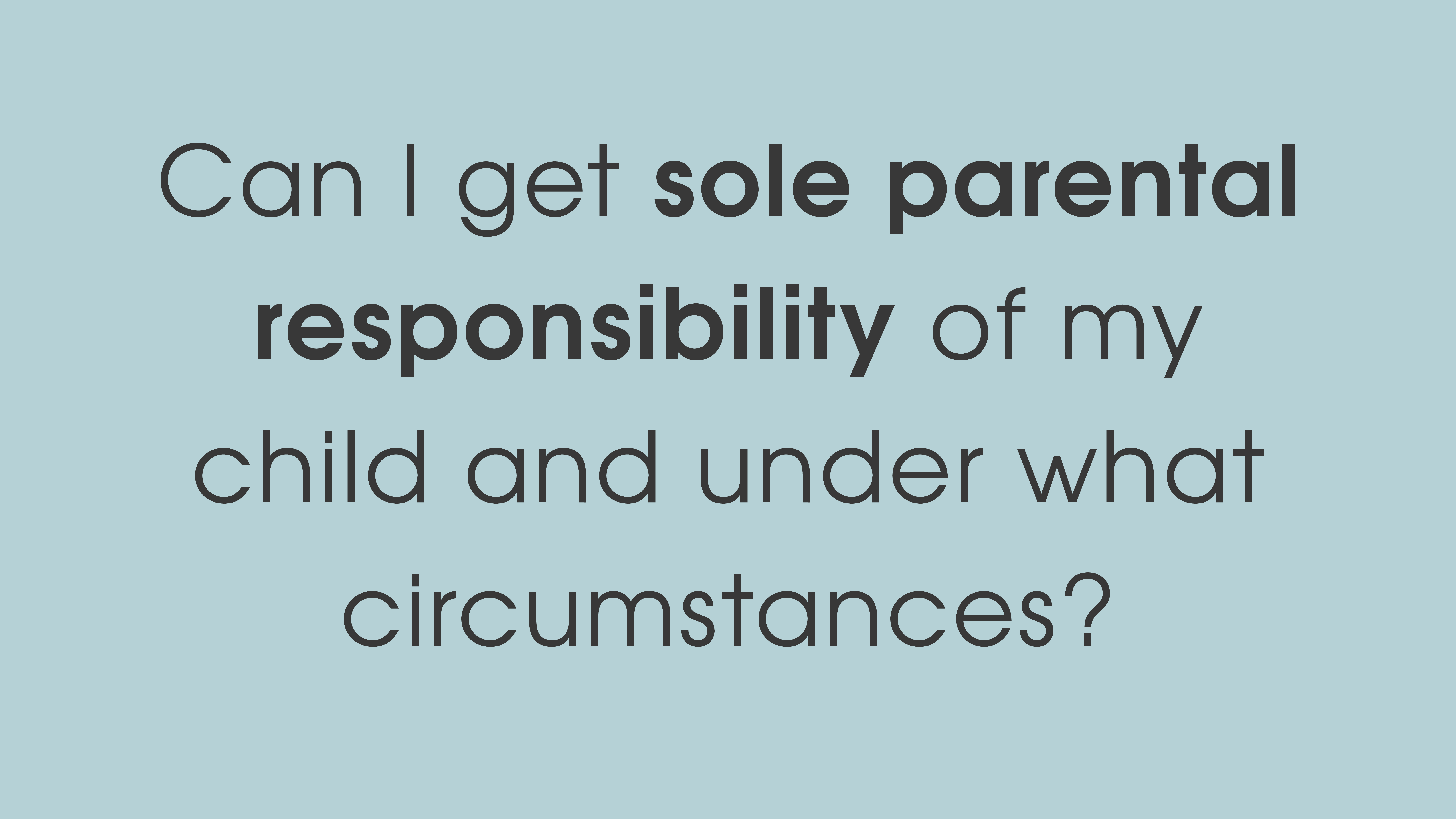Family Law Myth #2: I Have To Go To Court To Get Custody Over My Kids

Another common question we often get from our clients is whether or not they need to show up to court to get spend time with (formerly custody arrangements) their children. In reality, there are only limited circumstances in which that is necessary, and the family law system is set up to avoid it as much as possible.
Organising parenting arrangements through a parenting plan
There are a number of ways to approach parenting arrangements that do not involve a court appearance. If possible, it is generally the best option for the parties to come to a mutual agreement on the terms of parenting arrangements going forward by creating a parenting plan. A parenting plan can contain any number of stipulations, including who the children will live with and when, how education and any medical considerations will be handled, and more.
A parenting plan can be left as an informal understanding, if both parents are clear on the terms, and find them acceptable. Once the terms have been agreed to, it is worth writing them down and getting it signed by you and your partner. However, such agreements have no legal standing, which may lead to issues down the line if a dispute does arise.
Mediation is an excellent setting for these discussions to take place. A third party, the mediator, is brought in to help parties negotiate a mutually agreed-upon outcome. It is an efficient, cost-effective and beneficial process for both parties.
Gaining consent orders
For this reason, it can be useful to have the plan formally recognised by the court by obtaining consent orders. The court uses its own criteria, based on what is in the best interests of a child, to decide whether or not to accept a parenting plan. The court will always be guided by what it believes is in the best interests of the children, and will readily deny an application if it has any reservations. As a result, it’s worth getting in touch with a family lawyer who can look over the plan and advise you on what the court will look for.
Even though you’re getting the court involved, there is usually no need to attend court to receive consent orders. Applications are made through a form that is downloaded from the Family Law Courts website and can be submitted online, along with any supporting documentation that may be required. The application must be signed, dated and testified to by an appropriate witness, like a Justice of the Peace.
When you need to go to court
If you and your former partner cannot come to an agreement about how to organise parenting arrangements, it may become necessary to seek a parenting order, asking the court to make a decision on your behalf. Before applying for parenting orders, the court requires that the parties attend family dispute resolution unless it is considered inappropriate, as in cases involving domestic violence.
Once an initiating application has been made to begin proceedings, the parties will go through a process that may involve several court hearings for the court to gather the evidence necessary to make a determination. Interim orders may be sought while a final order is pending in cases where there are circumstances that need to be addressed immediately.
Other than in instances where spouses cannot come to any agreement regarding their children, which is uncommon, there is no need to go to court for parenting orders. Parents who can work together for the welfare of their children are empowered to sort out their affairs without a court appearance, even if consent orders are sought.
To chat with our experienced legal team, book a free discovery call below.





